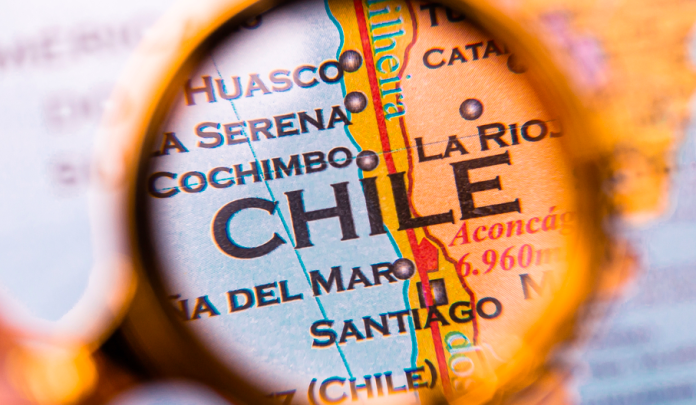Chile advances on the development of its pending legislative framework to regulate a federal online gambling marketplace.
Progress sees the Economic Commission of the Chamber of Deputies recommending fiscal measures to be applied to the country’s new gambling regime.
The Economic Commission published new articles recommending the headline measure that a ‘1% responsible gambling tax’ be applied across all gambling verticals (land-based and online).
Further developments saw the Commission endorse the Ministry of Finance’s proposal of a 20% tax charge on the gross income of online gambling platforms. All licensed operators (foreign and domestic) will be subject to income tax and VAT.
Licensed online operators will be required to contribute 1,000 UTMs (Monthly Tax Units) per year to the treasury. UTMs are a changeable tax unit that is updated monthly according to Chile’s consumer price index.
Seeking to address long-standing concerns on sports financing, the Commission recommends that an additional 2% tax be applied to the income of all sports betting operators. The betting tax will be allocated to the National Sports Institute (IND), which will distribute funds equally among the federations, the Olympic Committee, and the Paralympic Committee.
Chile’s market will be overseen by the Superintendency of Gaming Casinos (SCJ), which will evolve into the new entity known as the Superintendency of Casinos, Betting, and Games of Chance, with expanded powers supervising licensed operators’ conduct.
The Commission agreed to the request by Polla Chilena, Chile’s state-run football pools operator, to remove the limitation on the return of prizes offered by monopoly firms.
As Chilean authorities have yet to settle the technical requirements for licensing, the Commission recommended that a ‘12-month cooling-off period’ be applied to foreign online gambling platforms that are deemed to have operated in Chile illegally prior to the market launch.
Despite industry objections, the Commission defends the cooling-off period, citing its success in the Dutch market as a way to determine which operators are committed to joining the marketplace.
The final article recommends that Chile’s treasury implement a unique tax declaration system for gambling. Licensed operators would be required to report gross income, payouts, incentives awarded, and other necessary declarations.
The articles endorsed by the Economic Commission will be revised by the Chamber of Deputies before being voted on as part of the final text of Bill 035/2022.




























